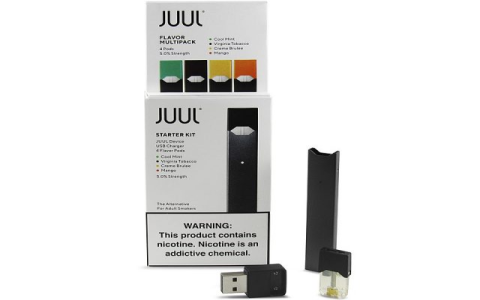The role of electronic cigarettes (e-cigarettes) in smoking cessation is a subject of ongoing research and debate among health professionals. While some individuals report success in quitting traditional cigarettes using e-cigarettes, the scientific evidence is not yet conclusive, and their effectiveness can vary significantly.
Potential Benefits for Smoking Cessation
- Nicotine Delivery: E-cigarettes can deliver nicotine, which may help manage withdrawal symptoms and cravings experienced when trying to quit combustible cigarettes. Users can often taper down nicotine levels over time.
- Behavioral Replacement: The hand-to-mouth action and inhalation associated with vaping can mimic the behavioral aspects of smoking, which some find helpful in transitioning away from traditional cigarettes.
- Reduced Exposure to Harmful Combustibles: While not risk-free, e-cigarettes generally expose users to fewer toxic chemicals than conventional cigarettes, which burn tobacco and produce tar and carbon monoxide. This is a harm reduction aspect if complete cessation is not immediately achievable.
Considerations and Risks
- Variable Effectiveness: The success of e-cigarettes for quitting can depend on the type of device, nicotine concentration, individual usage patterns, and the user’s motivation. Not all e-cigarettes are equally effective.
- Long-Term Health Effects: The long-term health effects of e-cigarette use are still under investigation. While generally considered less harmful than smoking tobacco, they are not without potential health risks, particularly concerning lung and cardiovascular health.
- Risk of Dual Use: A significant concern is dual use, where individuals use both e-cigarettes and traditional cigarettes. This pattern does not confer the health benefits associated with quitting smoking entirely and may delay cessation.
- Continued Nicotine Addiction: E-cigarettes often contain nicotine, which is a highly addictive substance. Users may simply switch their addiction from cigarettes to e-cigarettes rather than achieving nicotine freedom.
- Not for Non-Smokers or Youth: E-cigarettes are not recommended for non-smokers, young people, or pregnant women due to the risks associated with nicotine exposure and other inhaled substances. There are concerns about e-cigarettes acting as a gateway to traditional smoking for youth.
Professional Guidance is Key: For individuals seeking to quit smoking, it is crucial to consult with a healthcare professional. They can provide comprehensive advice on various evidence-based cessation methods, including approved medications (like NRT, varenicline, bupropion) and behavioral therapies. If e-cigarettes are considered, it should ideally be as part of a structured quit plan with professional support, aiming for eventual cessation of all nicotine products. The primary goal remains complete and sustained abstinence from all tobacco and nicotine products for maximum health benefits.










